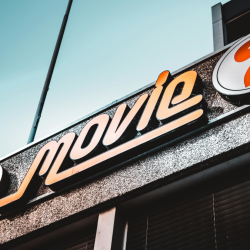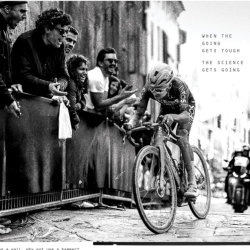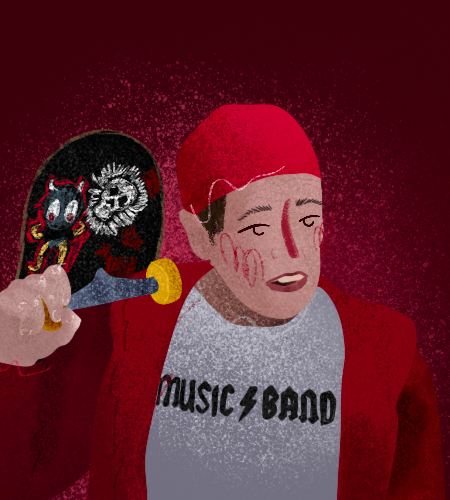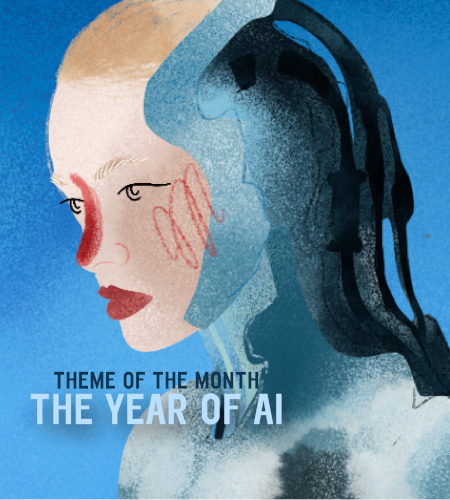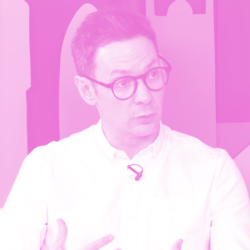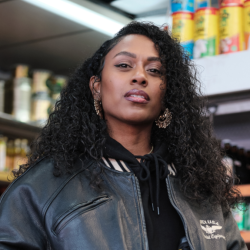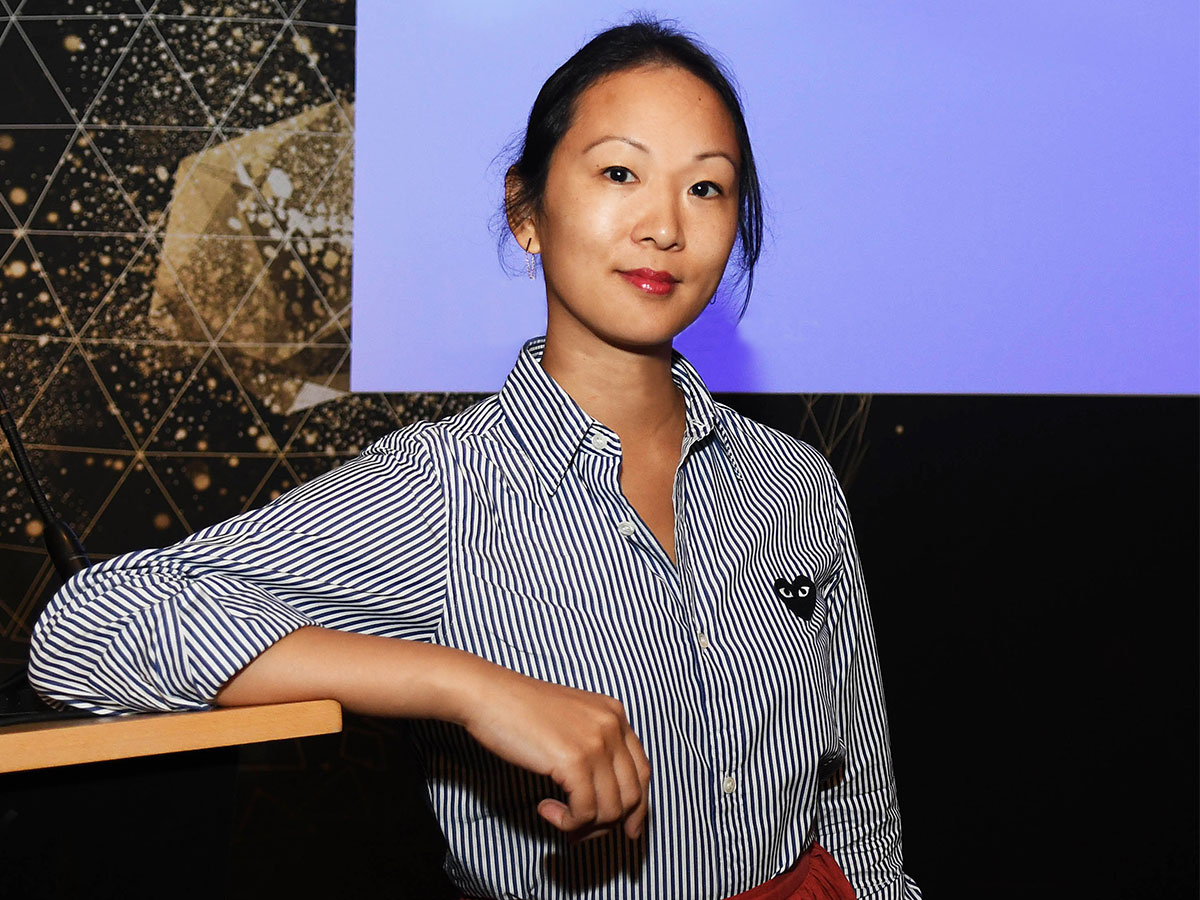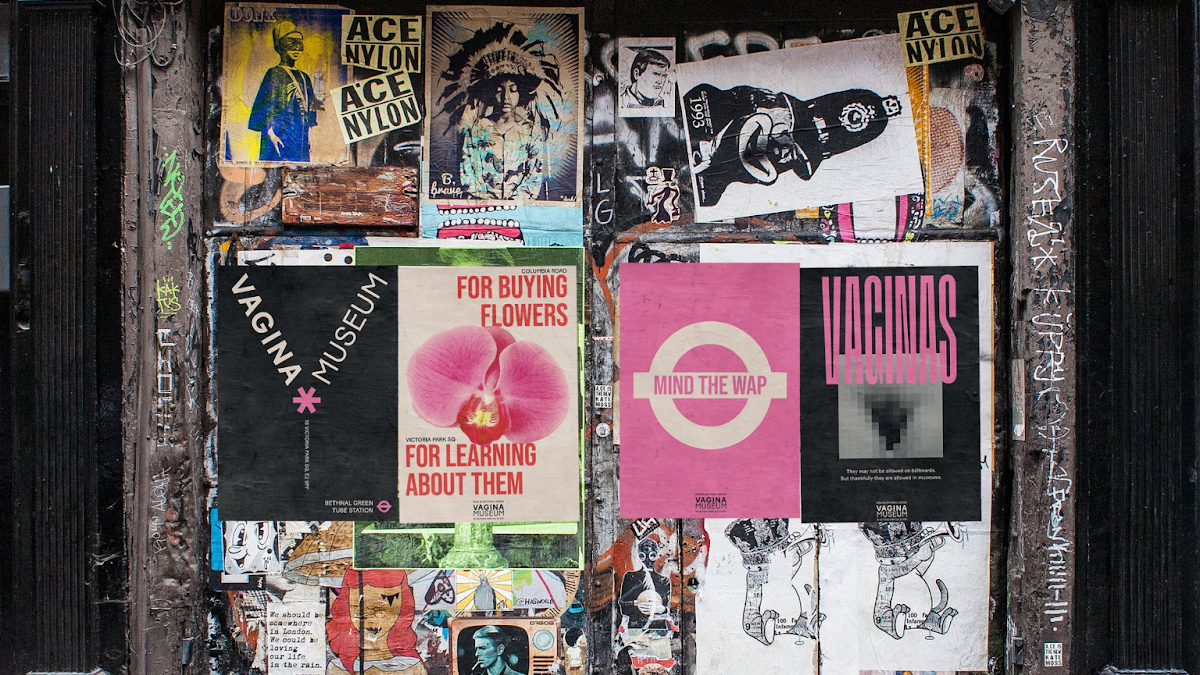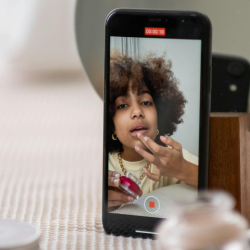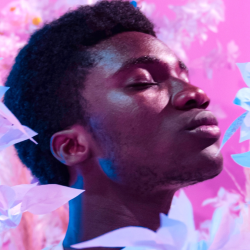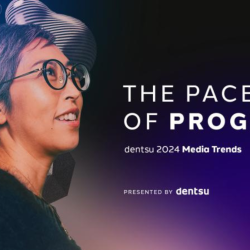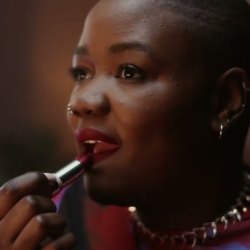How have the marketing trends changed in the last 5 years? What have the biggest differences been?
Marketing trends are largely based on current affairs, and societal and cultural changes. Some key changes over the last five years include:
The mental health imperative
Over the past five years several global impacts including a global pandemic, political conflict and environmental deterioration have caused a great deal of anxiety. According to the World Health Organization, the first year of Covid-19 pandemic saw a 25% increase in anxiety and depression worldwide. The rising awareness and education around mental health means that brands also need to factor this in with their messaging, language and product launches.
Tech-celeration
Over the past five years there has been a huge acceleration of technology adoption and advancement, which is propelling marketeers to maximize digital strategies and start considering elements such as artificial intelligence and the metaverse — if they haven’t already introduced.
G-local effect
Technology is connecting people to local news in a way like never before. People are tackling tougher issues by upending social norms. ‘Me Too’ turned into a worldwide movement seeking justice for women who have experienced abuse, harassment or rape. George Floyd’s death in Minnesota, United States back in May 2020 became a global movement on the topic of race and police brutality. The current war in Ukraine is gaining coverage not only from news outlets, but also social media posts from locals — people around the world are able to experience the brutality of war through their phones. This consequentially had people protesting the war and putting pressure on their local governments to act upon the injustice of the war.
The evolving role of a brand
As people address issues that connect to ethics and values they are also expecting brands to do the same. Increasingly, brands are likened to influential figures and consumers want brands that they buy to align with their beliefs too. In a 2021 Wunderman Thompson Intelligence study, 88% of global respondents agreed that companies have a responsibility to take care of the planet and its people, and 86% said businesses should play a part in solving challenges like climate change or social justice. The role of a brand is going beyond just providing products and services, they have a responsibility to address larger social needs.
Unpredictable times
The repercussion of a global pandemic is driving a lot of unpredictability. Global inflation is sending many into a cost-of-living crisis. During these vulnerable times, brands need to be in touch with what people are experiencing and strike with the right tone as well as offer practical services to help during these tough times.
What kind of relationship should brands establish when building their marketing strategies? What does data say about this?
The way people are interacting with brands is increasingly like a person. Brands need to build a more emotional and empathetic line of communication with consumers. This means connecting with ethics and values that matter to people.
In a 2022 Wunderman Thompson Intelligence survey, 75% of global respondents said they expect businesses to play their part in solving big human challenges, like equality or social justice. In addition, 82% said that actions on inclusion and equality mean nothing, unless they’re integrated throughout the business. Companies need to have clear and responsible messaging that is not only in their marketing but is instilled throughout their organization from inside out. After all, employees are equally important as consumers.
What do you consider when preparing the WT’s Future 100 report? What is the preparation process like?
The Future 100 trends are being tracked throughout the year. But in autumn the team rounds up trends spotted throug the year, to see if they’ll continue to evolve in the year ahead, by assessing global shifts that could impact emerging behaviours. After all, its people who set trends, based on what they have control of, and their needs.
There’s an element of looking at what is happening now, an element of looking at the past to spot the evolution of trends, and an element of informed prediction. Trends are about looking for patterns in people’s behaviours for the long-term. We’re not interested in trends that only have a short-term impact.
What changes in consumer behaviour have surprised you the most, recently?
Being a trend forecaster, nothing should really surprise me, but the unexpected effects of Covid-19 pandemic impacting everyone around the world and forcing immediate day-to-day change has long-term consequences. This is the reason why a lot of macro trends have accelerated, including a hybridized work-life, the metaverse, a demand to upend outdated norms now, rather than in five years.
People are putting immediate pressure on large issues that have been ignored for too long. We’re experiencing a really interesting time of transformation, which can be uncomfortable and there will be mistakes made, but ultimately everyone is striving for a better future and brands will play an integral role in how that is shaped.


